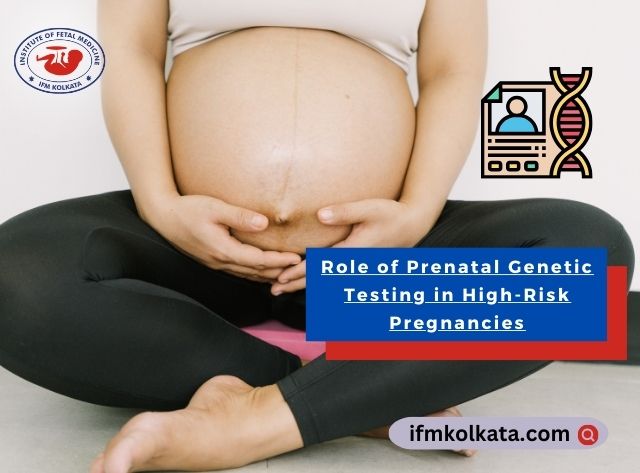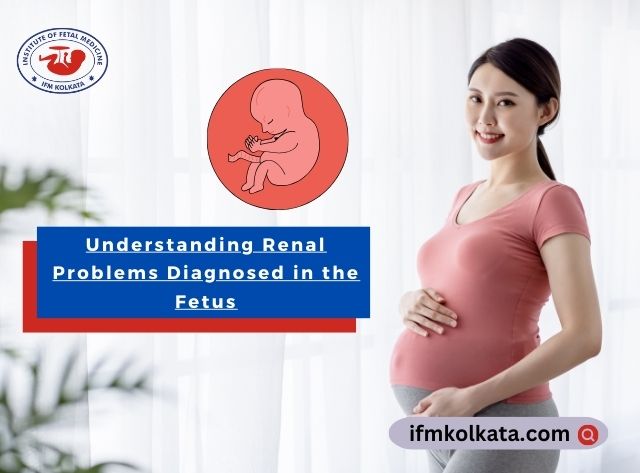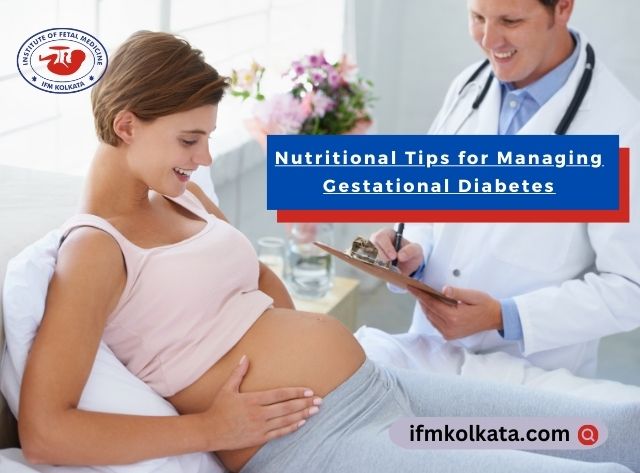Thrombophilia is a condition in which the blood has an increased tendency to clot, which can lead to serious complications during pregnancy. Understanding thrombophilia and its potential effects is important for women who are at higher risk of clotting disorders. It can contribute to recurrent pregnancy loss (RPL), preeclampsia, or placental insufficiency, making early diagnosis and management essential.
Risks of Thrombophilia During Pregnancy
Thrombophilia increases the risk of the following complications during pregnancy:
- Recurrent Pregnancy Loss (RPL): Blood clots can restrict blood flow to the placenta, leading to miscarriage or stillbirth.
- Preeclampsia: Thrombophilia can contribute to the development of preeclampsia, a serious pregnancy complication characterized by high blood pressure, protein in the urine, and swelling.
- Placental Insufficiency: Thrombophilia can reduce blood flow to the placenta, limiting nutrients and oxygen to the baby, which may lead to growth restrictions or preterm birth.
Diagnosing Thrombophilia
Thrombophilia is diagnosed through blood tests that identify clotting disorders. Common tests include:
- Factor V Leiden Mutation Test: Identifies a genetic mutation that increases the risk of blood clots.
- Prothrombin Gene Mutation Test: Detects mutations that elevate the likelihood of clotting.
- Antiphospholipid Syndrome Test: Measures antibodies that increase the risk of clotting.
Management of Thrombophilia During Pregnancy
- Blood Thinners: Anticoagulant medications, such as low-dose aspirin or heparin, are often prescribed to reduce the risk of clot formation.
- Frequent Monitoring: Pregnant women with thrombophilia may need more frequent ultrasounds and other monitoring to check on the baby’s growth and health.
- Lifestyle Adjustments: Women with thrombophilia may be advised to avoid prolonged periods of immobility, stay hydrated, and engage in light physical activity to reduce the risk of clotting.
Preventing Complications
Managing thrombophilia effectively during pregnancy requires careful monitoring by a healthcare provider. Regular check-ups, combined with anticoagulant therapy and lifestyle adjustments, can significantly reduce the risks associated with thrombophilia and ensure a healthier pregnancy outcome.










